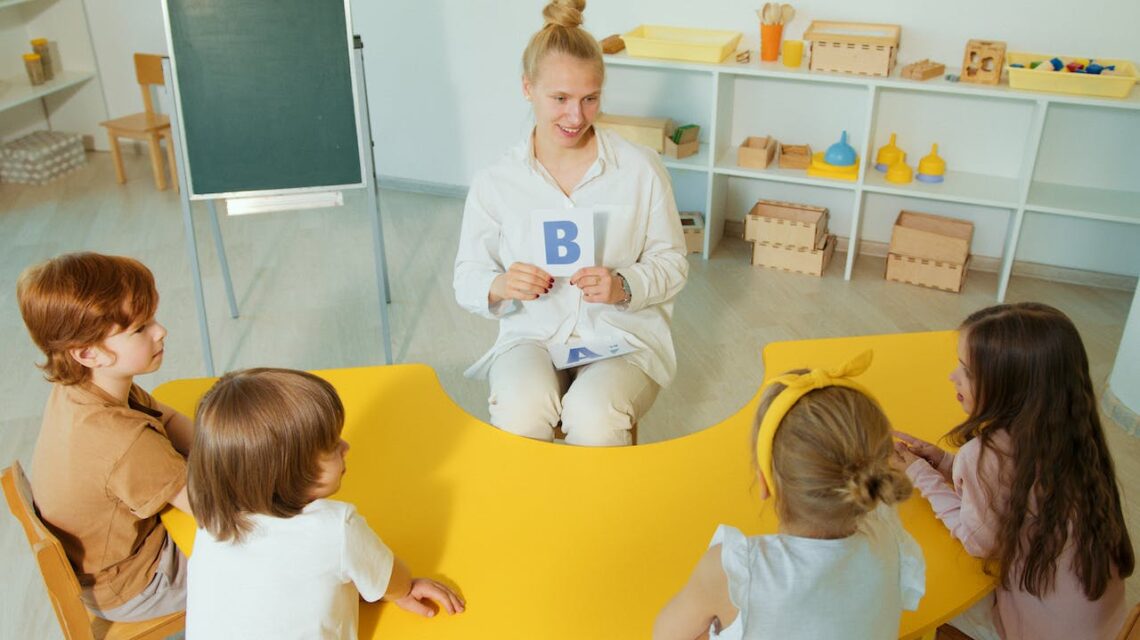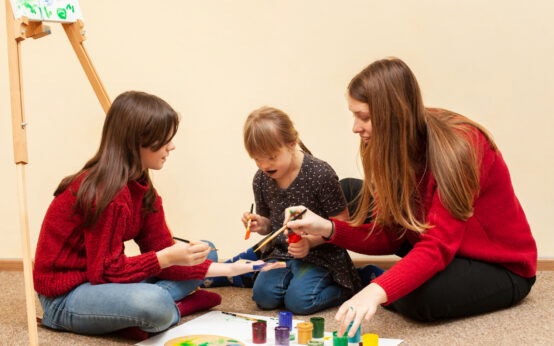Introduction
The development of language holds paramount significance in a child’s growth, commencing from the day they are born. Autistic children, with their distinctive focus on details in the surrounding world, may necessitate additional support in achieving this developmental milestone. This article explores ways to create meaningful opportunities for autistic children to develop and practice language skills.
Understanding the Challenges
Autistic children may miss key language learning opportunities, such as understanding spoken words and expressing themselves verbally. For instance, a 3-month-old baby engrossed in a ceiling fan may overlook interactive games, hindering their language development. By 9 months, a lack of engagement with parents may impact the child’s ability to share experiences and comprehend language.

Creating Meaningful Opportunities
To foster language development, autistic children need regular, meaningful, and motivating chances to practice their language skills. Everyday activities offer excellent opportunities for language growth. Take, for instance, placing a cherished toy out of the child’s reach, which encourages them to verbalize their desire for it, fostering communication. Another effective strategy involves jointly exploring picture book flaps and discussing discoveries, offering yet another avenue for language development.
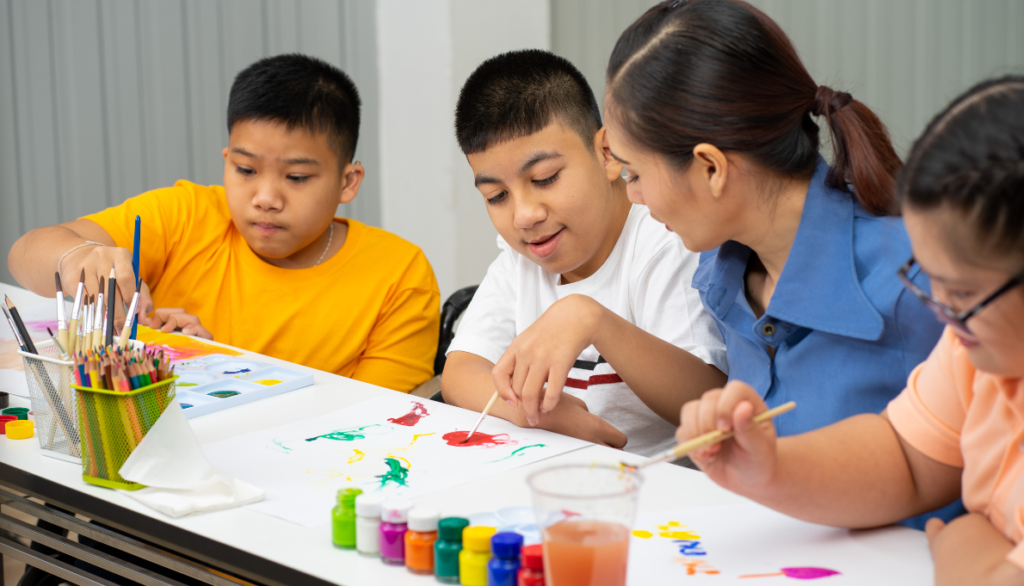
Empowering the voices that dance uniquely, our strategies echo the symphony of support, nurturing language development in every autistic child’s extraordinary journey towards success.
Anonymous
Gradual Skill Progression
As children learn, gradually increase the complexity of activities. Start with simple requests like saying ‘ball’ and progress to more complex instructions like ‘Push the ball.’ Specific skills, such as greeting people, can also be targeted. Commencing with non-verbal gestures like a wave or high five, and then advancing to verbal greetings, contributes to the gradual enhancement of language skills over time.

Encouraging Speech through Shared Interests
A powerful way to stimulate speech and language development is by engaging in conversations about topics that interest the child. These practices not only enhance language skills but also fortify the bond between parent and child. It’s crucial to adapt communication tips according to the child’s developmental level and unique communication style.

Utilizing Play for Language Acquisition
Play stands as a crucial tool for language learning in children, encompassing those with autism. Incorporating games into daily activities creates opportunities for language development. For instance, handing a puzzle piece when requested during a jigsaw session promotes both play and language skills.

Modeling Language Use
Guiding your child through language use by modeling is an effective strategy. This involves speaking, using facial expressions, and gestures at a level suitable for the child. Comment on activities, such as saying ‘open’ while opening a car door, or provide examples when your child attempts to communicate, reinforcing the learning process.
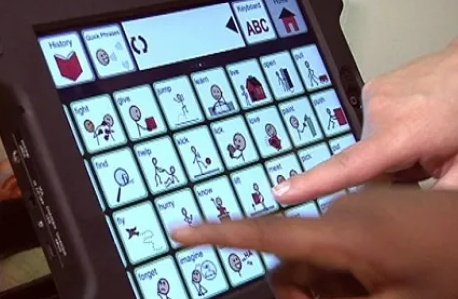
Positive Reinforcement
Foster sustained language use by offering positive responses when the child communicates. This may involve promptly supplying the next puzzle piece upon request or expressing genuine interest and smiling when the child shares a toy. Positive responses reinforce the child’s motivation to communicate and learn language skills.
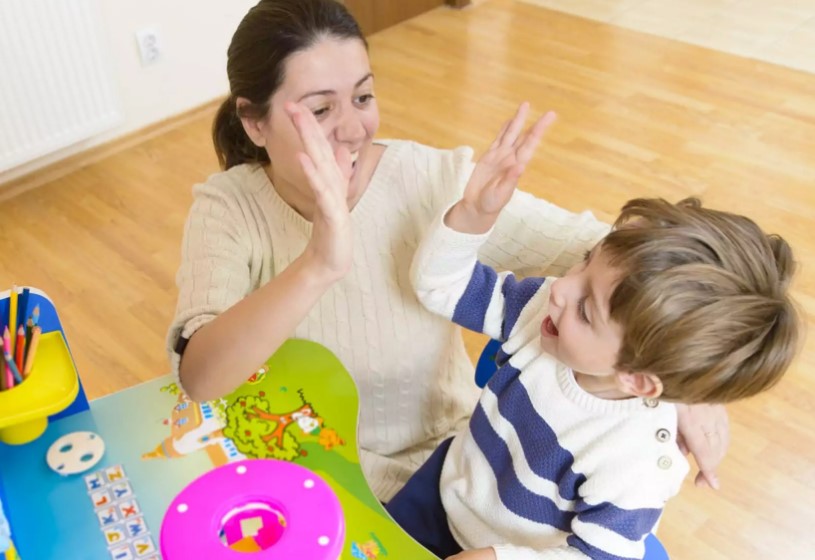
Conclusion
Facilitating language development in autistic children requires establishing a supportive environment, providing meaningful opportunities, and implementing strategies such as play and positive reinforcement. Through an understanding of their unique needs, parents and caregivers can play a pivotal role in assisting autistic children as they navigate the journey of language acquisition.
